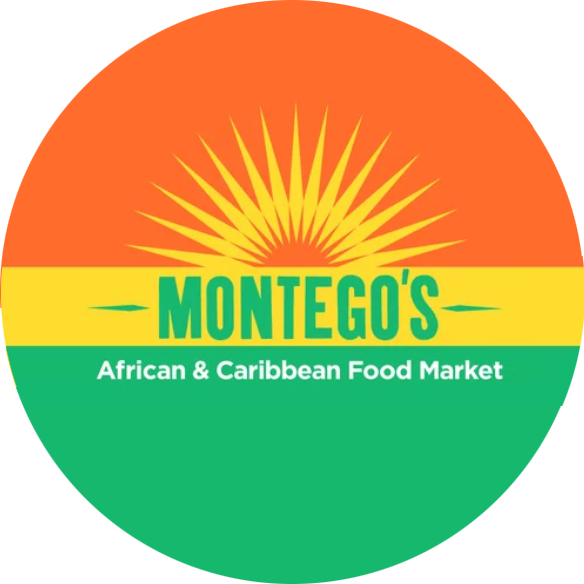In the early years of the post-Windrush era, Black British presence was most obviously marked by people; those “willing hands” who toiled in factories and mines and hospitals while making their dogged way through the often unwelcoming vastness of the so-called mother country.
But in a smaller yet no less significant way the UK’s nascent Caribbean community announced itself on grocery stand displays and corner shop shelves.
From Ridley Road to Moss Side, the lasting impact of the 1948 arrival could be glimpsed in the specialist purveyors of yellow yams, Jamaican water crackers and tinned breadfruit; it could be traced in precariously stacked aisles of red beans and callaloo, and plump, warm loaves of hard dough bread.

As the Trinidadian writer Sam Selvon wryly notes in his 1956 Windrush novel The Lonely Londoners: “Before Jamaicans start to invade Brit’n, it was a hell of a thing to pick up a piece of saltfish anywhere.”
Initially operated by savvy white English or south Asian businesspeople – and then by enterprising West Indians selling shipped produce out of vans – by the early 1960s, Black-owned Caribbean food shops dotted Britain’s major cities, and had emerged as vital points of cultural connection and congregation. “They were significant because they were among the first public displays of Caribbean life, besides music, that people from outside the community would have interacted with,” notes Riaz Phillips, author of Belly Full and chronicler of Caribbean diaspora food in the UK. “For those within the community, bakeries, mini markets and restaurants were more like social hubs than just places to buy food. They were places to see familiar faces and to organise – be that a party or a protest.”

Now, even as generations have passed, recessions have bitten and migration from the Caribbean has dwindled in relative terms, many of these original businesses and their spiritual descendants continue to flourish. Some are time-warp family endeavours with links to specific farms or bakeries back in Jamaica or elsewhere. Others are slick, strip-lit operations that seek to modernise the formula with deli counters and vegan options.
All of them, in their own way, are monuments to the complexities of British-Caribbean food culture and the fortitude of that postwar generation of migrants. Here, just before the 75th anniversary of the Empire Windrush’s 1948 arrival, five shopkeepers talk produce, community pride and life behind the counter.





